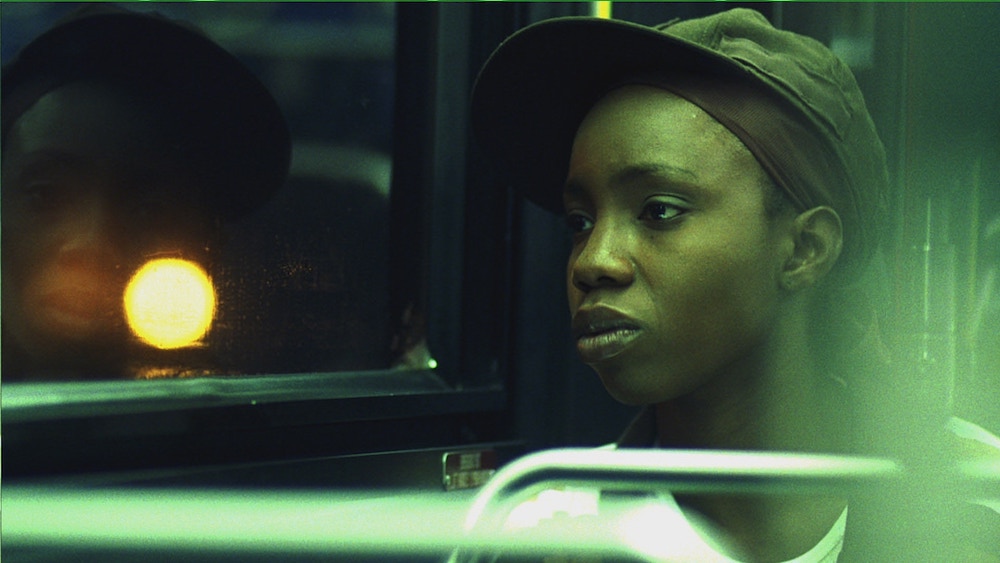From the time filmmaker Spike Lee first rose to prominence in the 1980s, his work has come to define the state of Black filmmaking in the United States. That’s all to his credit as one of the most exciting filmmakers of our time; there is no question that his ability to both get his films made—under circumstances not always friendly to Black filmmakers—and to market himself, have proven inspirational to artists of color everywhere. But his achievements have sometimes overshadowed the contributions of other notable Black directors, past, present and future. Let’s not forget pioneers such as Oscar Micheaux, Gordon Parks, Kathleen Collins, Charles Burnett, Julie Dash, and others. And today, there is fortunately a robust generation of African American directors whose work offers a great variety of perspectives on life in general and the Black experience in particular. Lee and other forerunners paved the way for a new era of filmmakers who explore everything from the tragic legacy of slavery to the ordinary struggles of everyday life in a range of genres, from documentary to romantic comedy to drama.
In the wake of the nation’s recent and ongoing reckoning with its history of entrenched racism, now seems as good a time as any to examine four relatively recent films from some of this current cohort of creative artists, all born after 1970, who are helping to define contemporary Black cinema. Join us as we watch and discuss Medicine for Melancholy (Barry Jenkins, 2008), Pariah (Dee Rees, 2011), Middle of Nowhere (Ava DuVernay, 2012) and Fruitvale Station (Ryan Coogler, 2013). Individual descriptions of each film follow below.
+++
(2011, directed by Dee Rees, 86 min.)
Presented by Linda DeLibero, director, Program in Film & Media Studies, Johns Hopkins University
Pariah, Dee Rees’s first narrative feature, was based on the award-winning short she’d made under Spike Lee’s tutelage as a grad student at NYU. The semi-autobiographical coming-out story quickly won critics’ hearts and a passel of awards for its bracing authenticity, and for actress Adepero Oduye’s affecting performance. Oduye plays Alike, a sensitive teen and gifted poet who confronts her parents’ stern disapproval as she struggles to assert her identity as a lesbian. The film’s nuanced exploration of Black middle-class life in Brooklyn, a milieu seldom seen before in movies, is as revelatory as its frank portrayal of a young Black girl embracing her sexual identity. Pariah led to major directorial projects for Rees, and her success has paved the way for a generation of LGBTQ filmmakers. Her subsequent films include the Emmy-winning Bessie (2015), a biopic about the iconic blues singer Bessie Smith, starring Queen Latifah, and the cross-generational epic Mudbound (2017), for which Rees became the first Black woman nominated for a Best Adapted Screenplay Oscar. She is currently slated to direct a feature adaptation of George Gershwin’s Porgy and Bess for MGM.
$15 door fee for guests and subscribers
Learn More